
On Wednesday, May 14, Dr. Mariel Pfeifer presented the findings of her research exploring how neurodivergent students experience active learning. Experiencing Active Learning as a Neurodivergent Student As a discipline-based […]

Presentation Slides On Tuesday, March 18th, we hosted Dr. Robert Talbert, Professor of Mathematics and Senior Faculty Fellow for Learning Futures at Grand Valley State University to discuss the issues […]

On Thursday, February 20, we hosted Dr. Jill Allen to discuss how integrating belonging and motivation in teaching practices can improve student retention, engagement, and learning outcomes in STEM. The […]

On Wednesday, December 4, we hosted Dr. Idalis Villanueva Alarcón, who spoke about how the hidden curriculum manifests in engineering education and shared practical strategies that instructors can use to […]
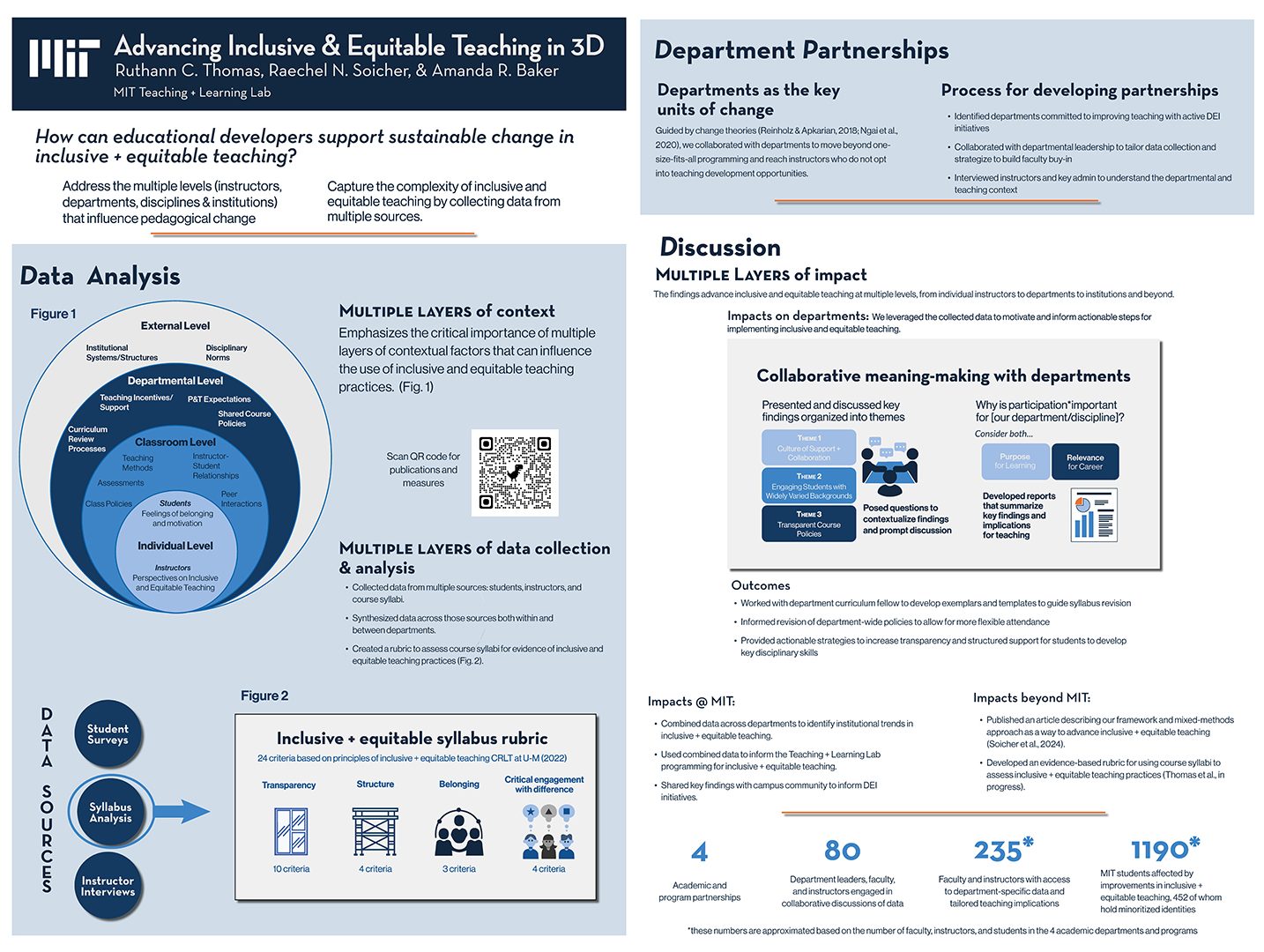
We are excited to announce that TLL’s Associate Directors Ruthann Thomas, Raechel Soicher, and Amanda Baker are the recipients of the Professional and Organizational Development (POD) Network’s 2024 Innovation Award […]

On Tuesday, October 29, Ray Feller and Jane Abbott provided us with their experiences, perspective and insights on how faculty and instructors can navigate discussions around the 2024 election in […]
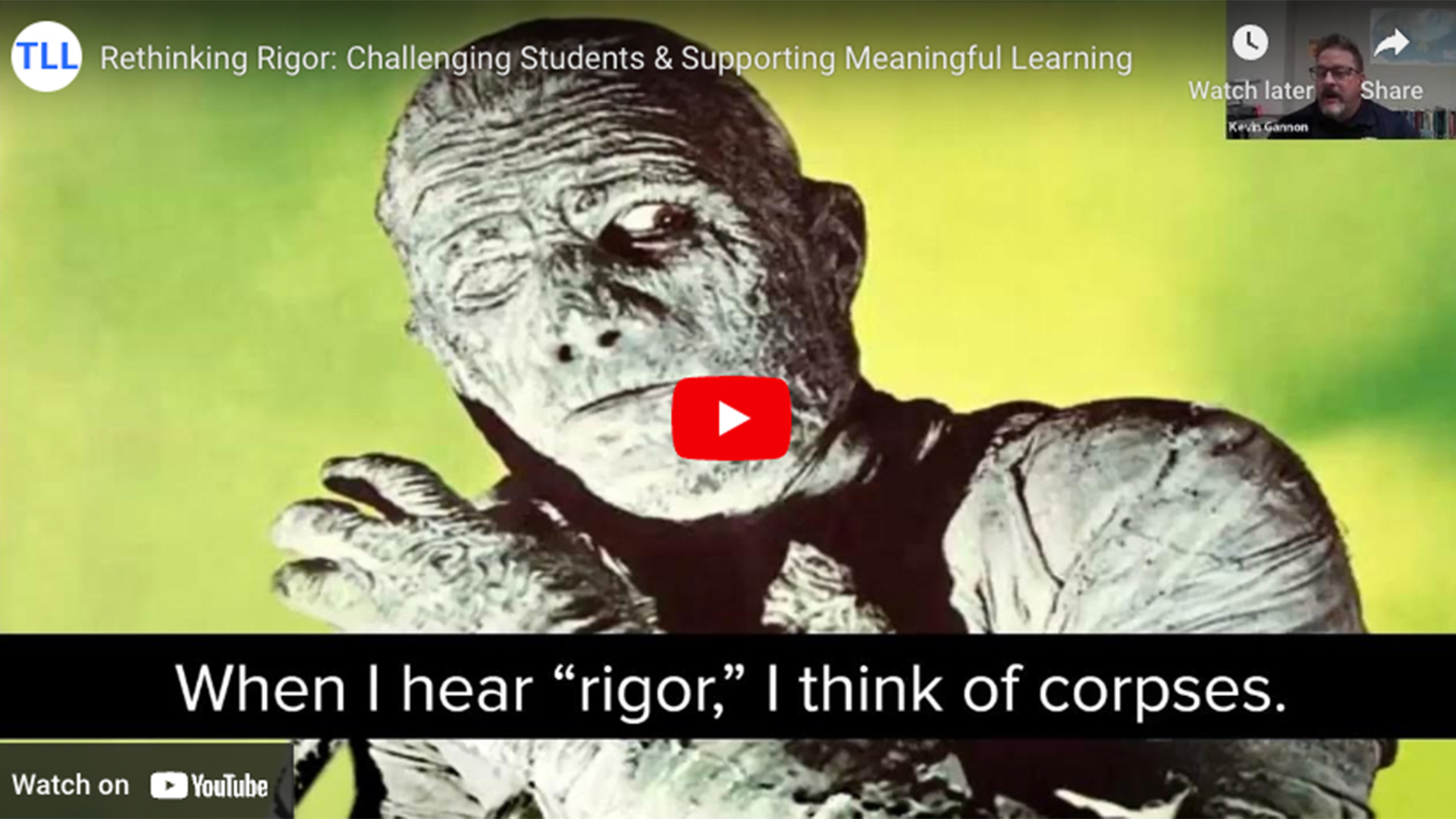
On Wednesday, September 25, we hosted Dr. Kevin Gannon to discuss how instructors can provide a supportive yet challenging learning environment that promotes meaningful learning for students. “Dysfunctional Illusions” About […]

The paper, A Mixed-Methods Research Design to Advance Inclusive and Equitable Teaching, Innov High Educ (2024) by Drs. Raechel Soicher, Amanda Baker and Ruthann Thomas from TLL describes their recent […]

2024: Another Historic Election This year, fall will not only bring crisp air and the warm colors of the season (and pumpkin-spice everything) but also an historic presidential election sure […]

On Wednesday, April 24, we hosted Dr. Sarah Eddy to discuss how course climate supports student engagement in active learning. Active learning in STEM courses Dr. Sarah Eddy’s research focuses […]

This academic year, our speaker series emphasized ways to motivate and support student engagement in the classroom and beyond. Speakers addressed topics such as communicating the relevance and importance of […]

View Recording on Panopto (restricted to the MIT community). On Wednesday, April 10, we hosted Dr. Bryan Dewsbury to discuss the role that faculty play in supporting students’ identities in […]
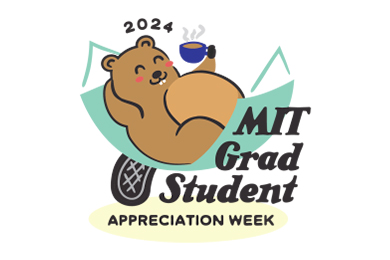
OGE’s annual celebration of MIT’s graduate students takes place April 1-8, 2024. See the full lineup of events & register at here. Download the PDF Calendar of the week and […]

View Recording on Panopto (restricted to the MIT community). On Thursday, February 14, we hosted Dr. Sandra Goldmark to discuss climate-responsive teaching in any discipline. Designing Change Dr. Sandra Goldmark […]

Midcourse Formative Review (MFR) is a new service offered by TLL to support faculty and instructors as they grapple with how to best engage and support their students’ learning.
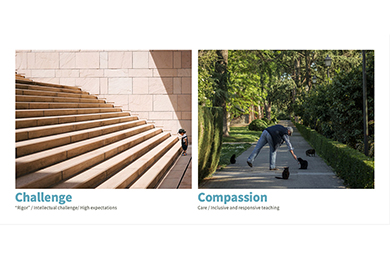
On Wednesday, December 13, we hosted Dr. Sarah Rose Cavanagh to discuss how to create challenging learning environments for students that also support their mental health and wellbeing.
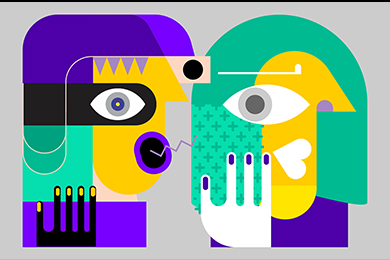
On Thursday, October 26, we hosted Dr. Julie Dangremond Stanton to discuss how students with disabilities engage in self-advocacy in the context of undergraduate STEM courses.
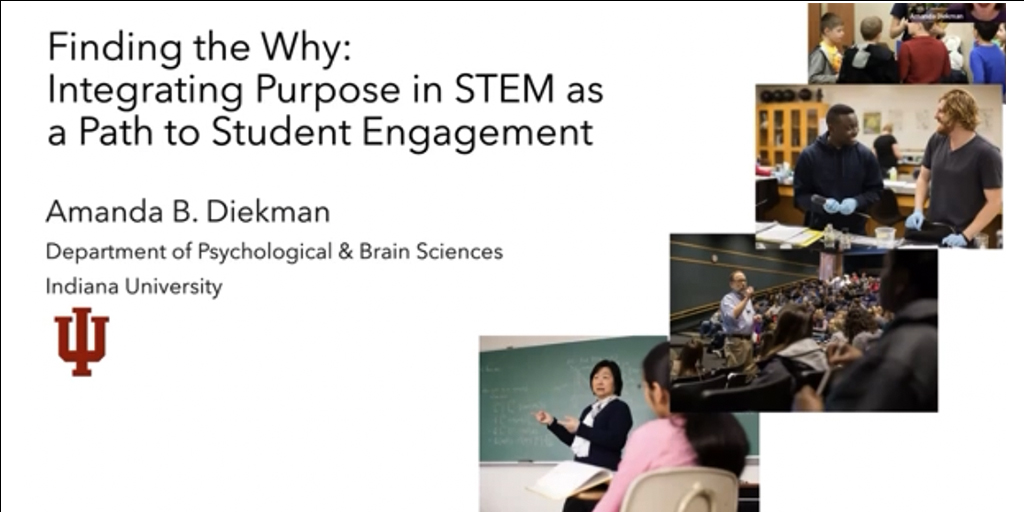
On Thursday, September 28, 2023, we hosted Dr. Amanda Diekman to discuss how considering students’ “why” in pursuing STEM fields provides a valuable vantage point to foster both broader participation and deeper engagement in STEM.
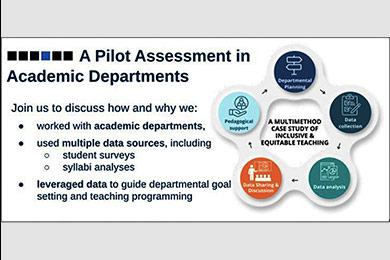
In June 2023, Dr. Ruthann Thomas and Dr. Amanda Baker of the MIT Teaching + Learning Lab presented the Inclusive and Equitable Teaching (IE-Teaching) Assessment at the Transforming Institutions Conference. […]
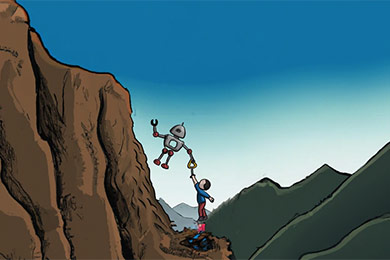
Introduction In most STEM subjects, problem sets (psets) are both a central learning tool and a key assessment method. When students grapple with the solution of challenging, well-posed problems, they […]

For most instructors, a conscious application of the Science of Learning (SoL) can significantly improve student learning in their classes.

Join TLL’s Peer Teaching Observation Initiative and further develop a culture of reflective teaching in your department. We are inviting departments to host a Peer Teaching Observation workshop to learn […]

On Wednesday, May 10, we hosted Dr. Cristina Zepeda to discuss her latest research on how instructors can design their courses to help students more effectively use metacognitive and motivational […]

View recording on Panopto (restricted to MIT community). Key Takeaways On Wednesday, March 22, 2023, we hosted Dr. Derek Bruff to discuss the landscape of AI tools for generating text […]

On Thursday, February 16, we hosted Dr. Maithreyi Gopalan to discuss her latest research on how students’ sense of belonging matters. Takeaways Professor Gopalan began her talk by discussing how […]

Academic Integrity | Student Privacy | Equity & Accessibility In this third part of our series on the use of generative AI. Here, we outline a few issues to consider […]

How Can We Use Generative AI to Support and Enhance Student Learning? As described in our previous post, the unavoidable entanglement with generative AI tools represents a unique and optimistic […]

Welcoming Generative AI into Our Classrooms The recent launch of generative artificial intelligence models, like ChatGPT, are eliciting an energetic variety of responses from instructors everywhere, ranging from consternation to […]
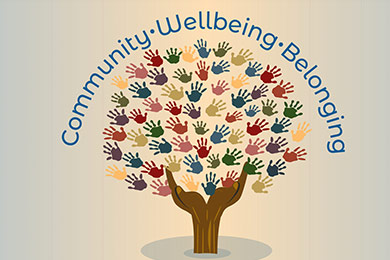
On Thursday, December 15, TLL hosted members of the RIC16 Ad Hoc Committee to discuss their year-long work to understand and document how MIT instructors and faculty fostered community, wellbeing, […]

by Lourdes Alemán & Melissa Cao Although student mental health has long been a concern in higher education, the pandemic, by its very nature, exacerbated students’ mental health. The pandemic […]

On Thursday, October 6, 2022, we hosted Drs. Jamiella Brooks and Julie McGurk to discuss how inclusive teaching, by definition, promotes academic rigor. Redefining Rigor In her opening remarks, Dr. […]

Key takeaways Often when we think about students struggling in large classroom environments, we tend to assume that one classroom environment impacts all students in the same way. In the […]

Key takeaways: A more holistic approach to student thriving considers external factors in a student’s environment that may impact their performance. The holistic model seeks ways to support students as […]

In January 2022, the Teaching & Learning Lab launched a new interdisciplinary community in which 12 MIT faculty and instructors came together to engage in anti-racist work within the context […]

In light of the recent uptick in the number of students affected by Covid on campus — and the imminent start of final exams — you may want to consider […]

On March 30, 2022, TLL hosted a talk by Professor Carlton Fong of Texas State University on the many ways the COVID-19 pandemic impacted student motivation. Professor Fong discussed evidence-based […]

You’ve read in the January 26th email from Chair of the Faculty, Lily Tsai, and Vice Chancellor, Ian Waitz, of MIT’s goal of ensuring “robust academic continuity” in the face of […]

Collecting formative mid-semester feedback is an extremely effective way to gain targeted and specific information from students about what aspects of the subject support their learning.

Charged and stressful events occurring on campus or in the national or global community can create challenging classroom dynamics and distract students from their academic work. As an instructor, your […]

On February 16, 2022, we hosted a talk by Professor Eric Mazur of Harvard on how the COVID-19 pandemic transformed his approach to teaching introductory physics and why he is […]

As we continue to increase the diversity of our community at MIT, cultivating inclusive and equitable learning experiences becomes even more vital to supporting students’ learning and sense of belonging […]

A recent study of the effects of a near-peer mentoring program for first-year students intending to major in biology at the University of California at Santa Barbara (UCSB) found that […]
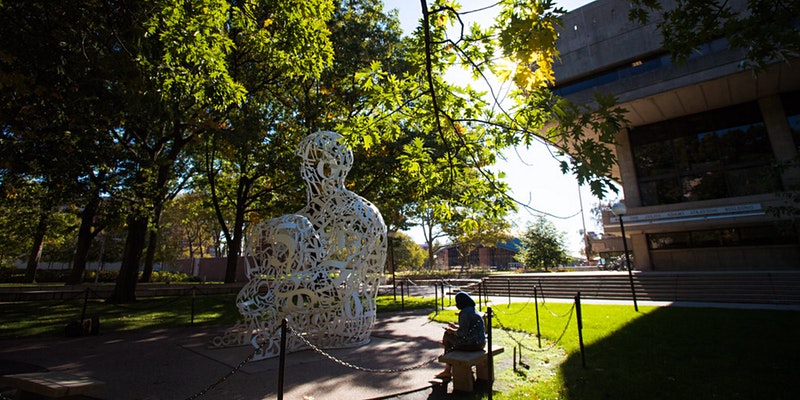
On December 16, 2021, we hosted a talk by Professor Justin Reich. Professor Reich discussed his research on how the experiences of students and teachers during pandemic schooling are vital to educational recovery and building back better.
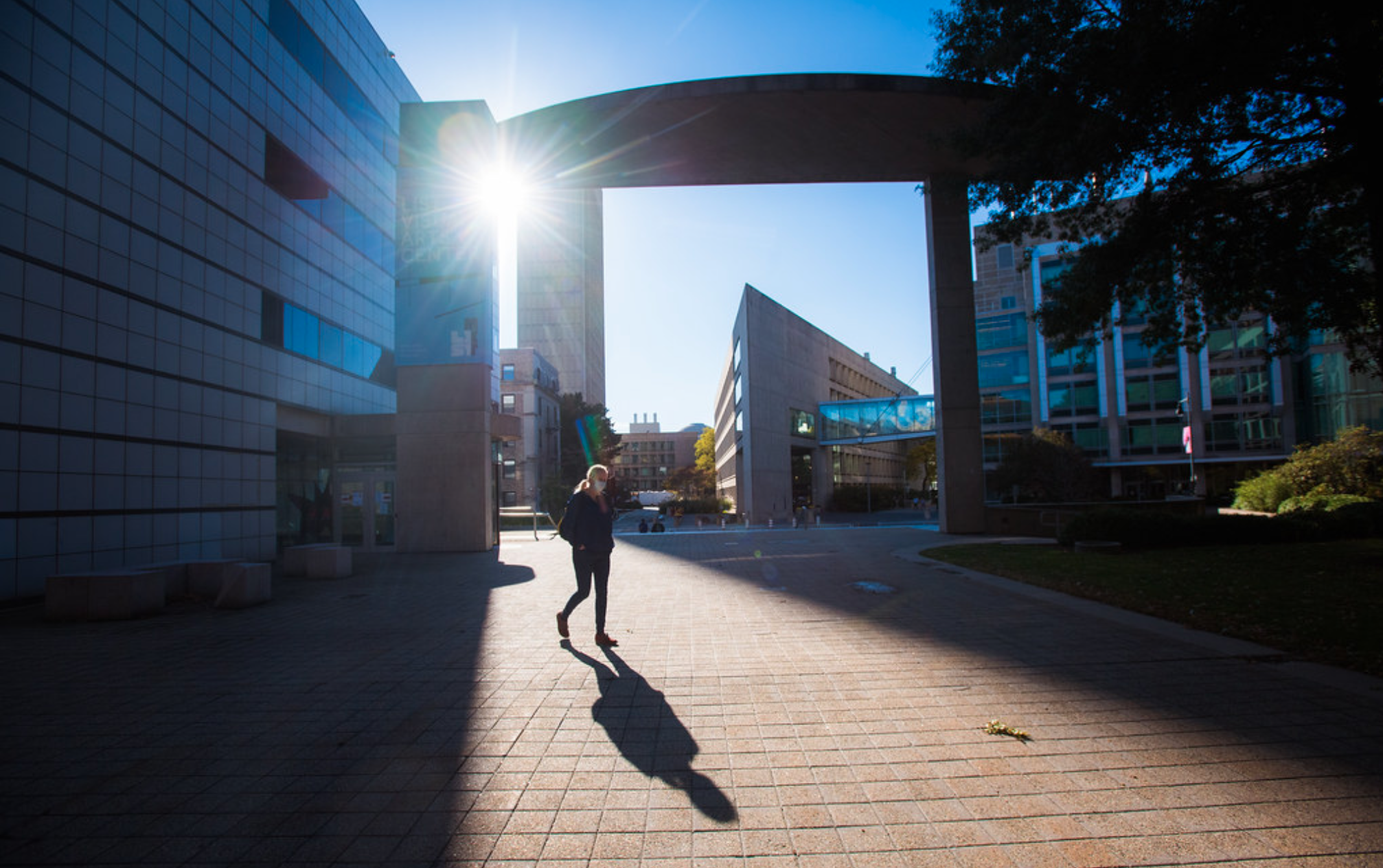
On October 26, 2021, we hosted a talk by Dr. Mays Imad on Trauma-Informed Teaching. Dr. Imad’s talk built on neuroscience research on trauma and learning and her experiences using […]

While MIT continues to plan for fully in-person instruction during the spring semester, the persistent spread of the Omicron variant is likely to result in relatively large numbers of students […]

Are you planning to have student presentations as part of your final assessments for your subject this semester? If so, there are a few additional considerations you’ll want to take […]
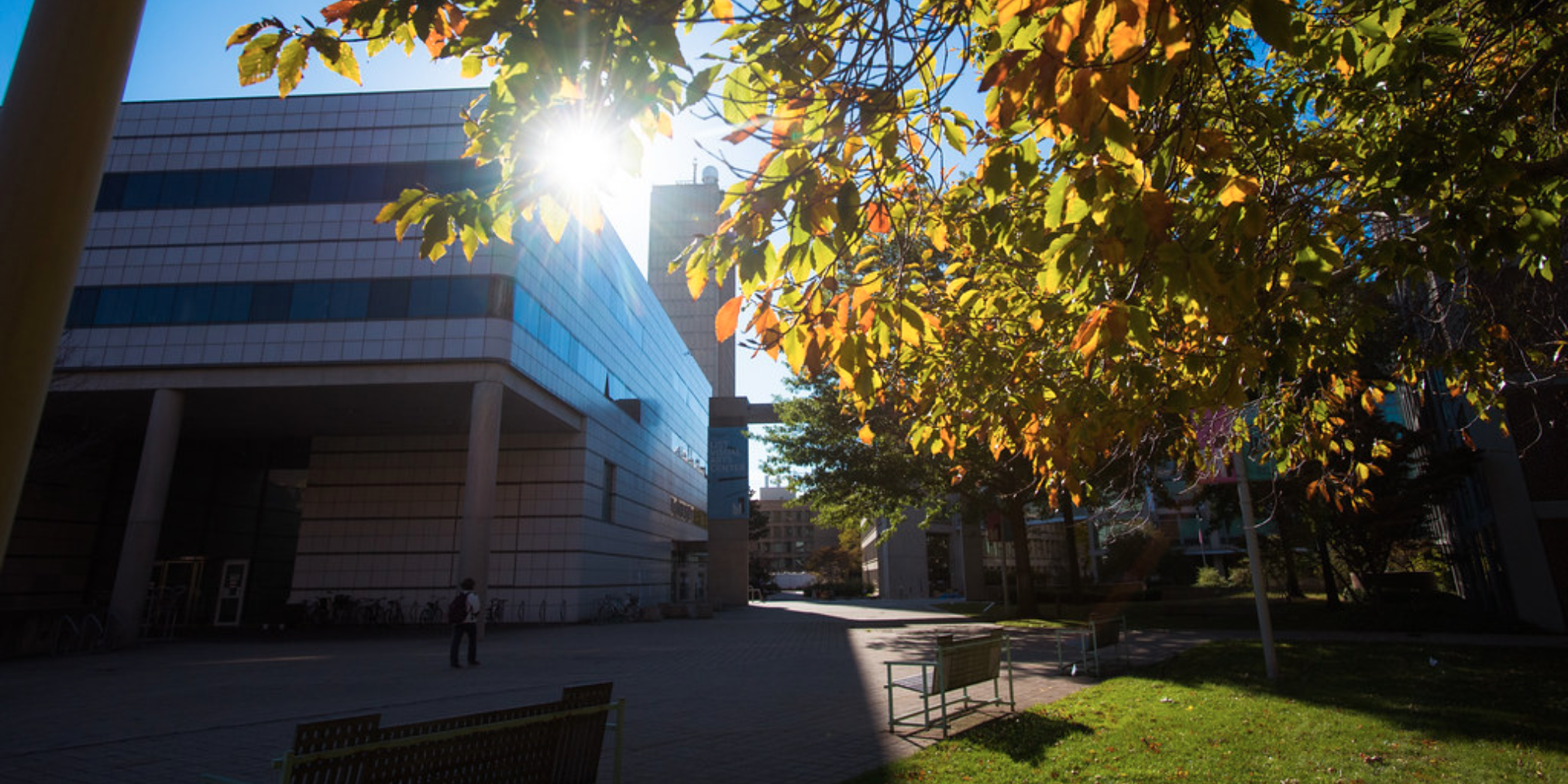
Due to Covid-related attestation, isolation, or quarantine policies for you and/or those in your care, it may be necessary for you to teach from home / away from campus for portions of the semester, to enlist a colleague to teach for you, or to reschedule/cancel class …
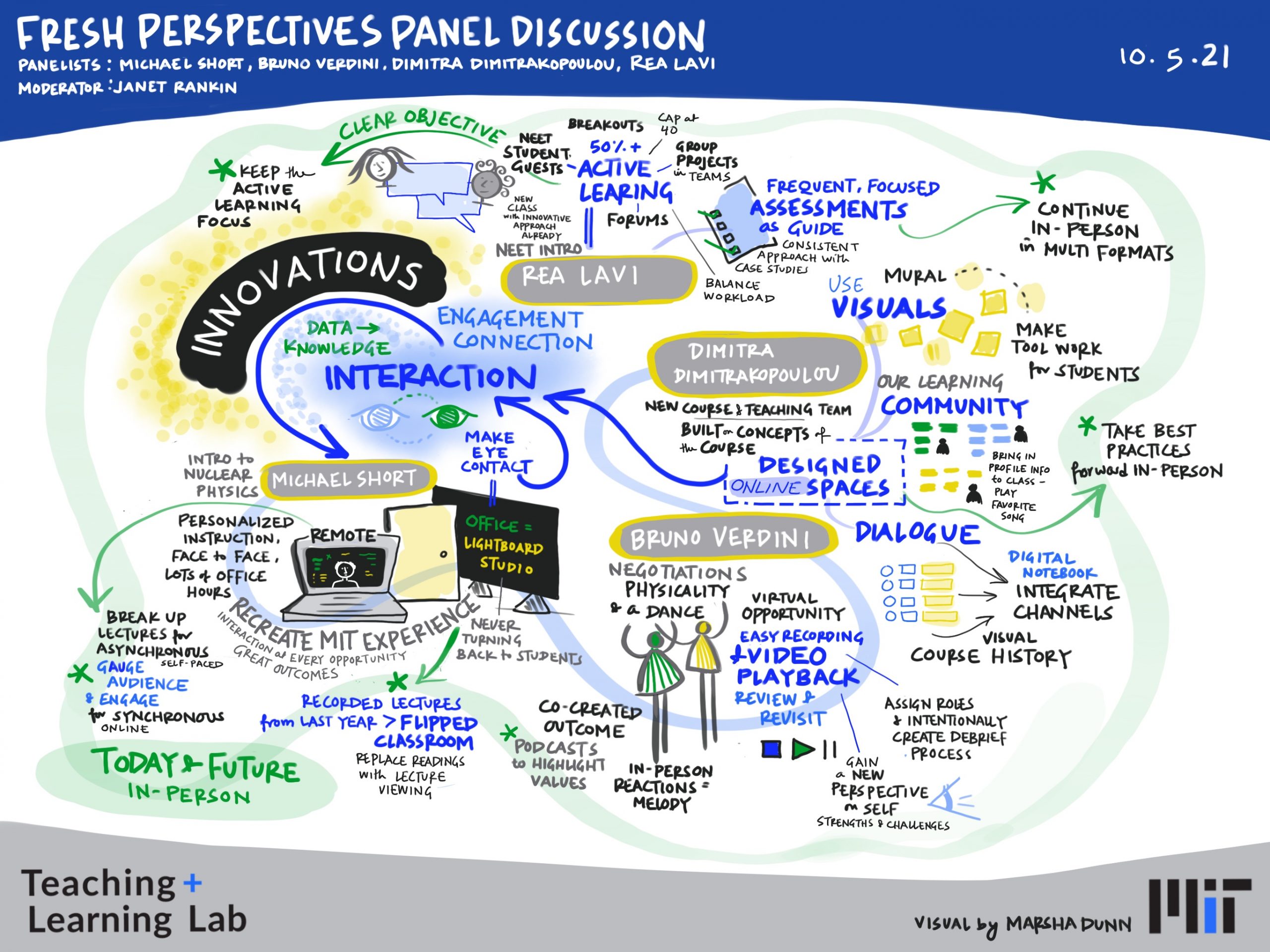
On Tuesday, October 5, 2021, the Teaching + Learning Lab hosted the second of two panels featuring faculty and instructors highlighted in the Fresh Perspectives series.
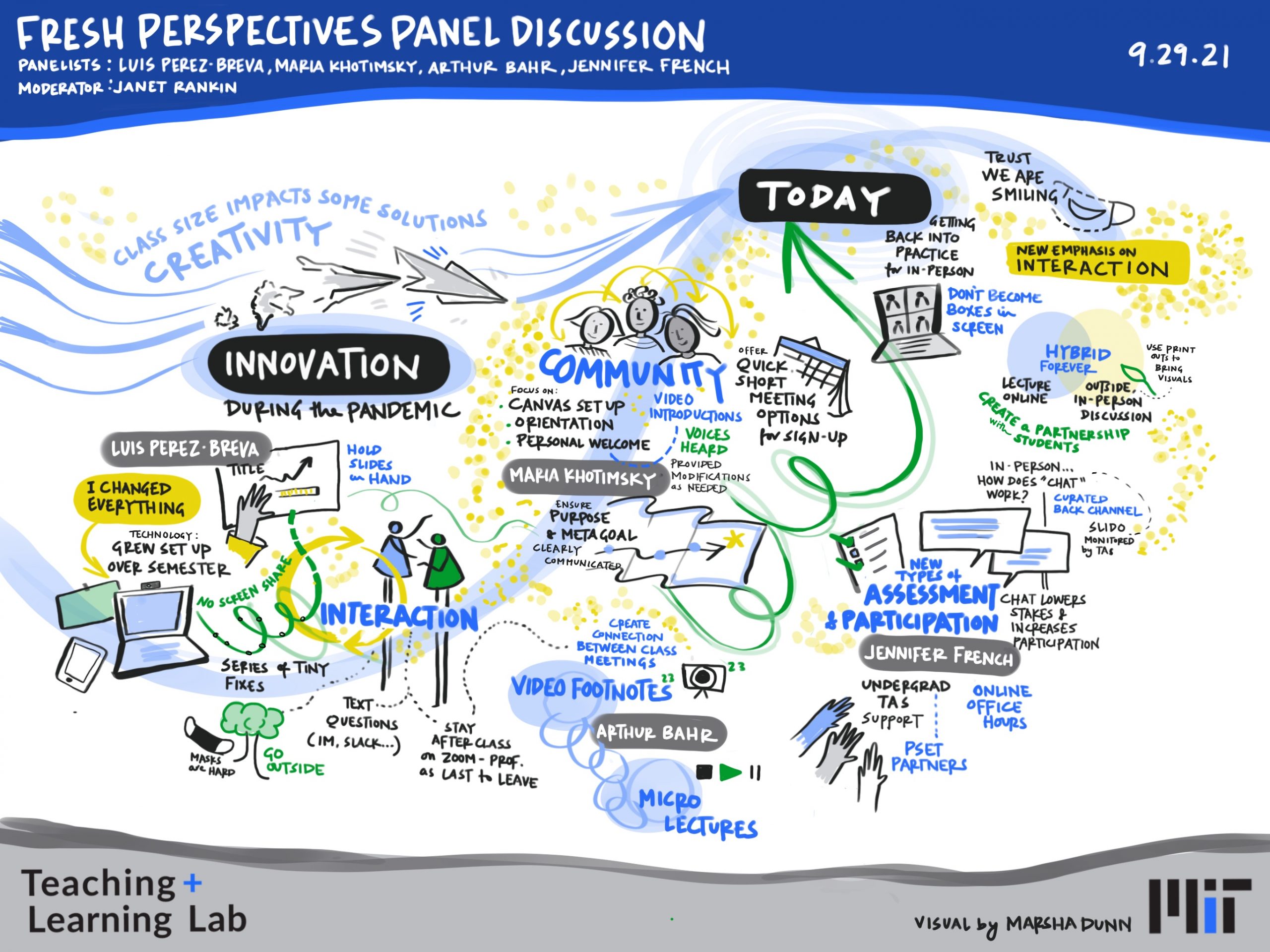
On Wednesday, September 29, 2021, the Teaching + Learning Lab hosted the first of two panels featuring faculty and instructors highlighted in the Fresh Perspectives series.
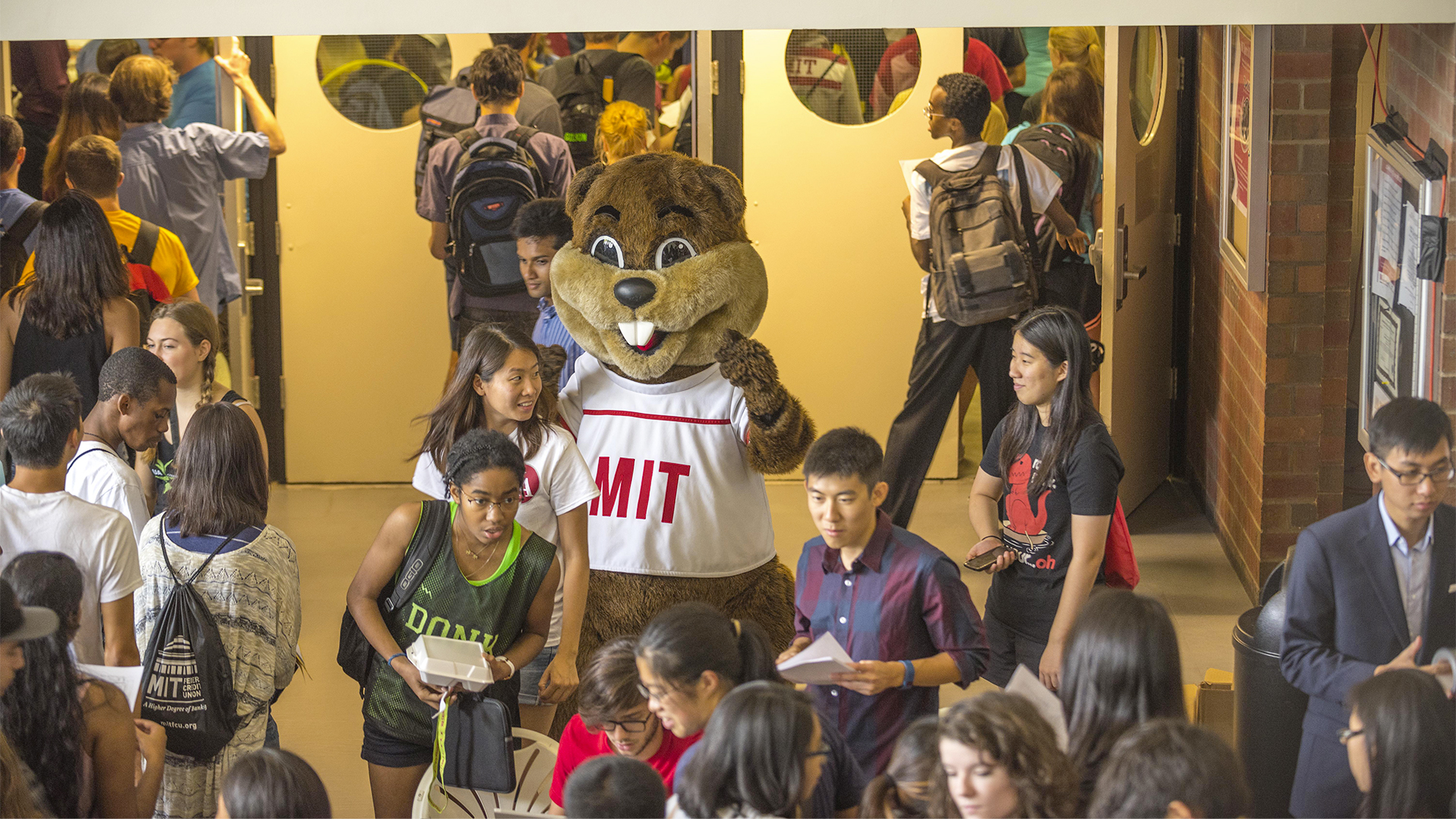

Include explanation components Requiring that students explain their approach, reasoning and/or uncertainties can increase academic integrity. This strategy can be applied to any quiz exam, quiz, or pset question and […]

To save time and reduce stress during the term, make a plan before the semester begins for how you will support students in the event of absences and communicate these plans to your students on your course syllabus. …
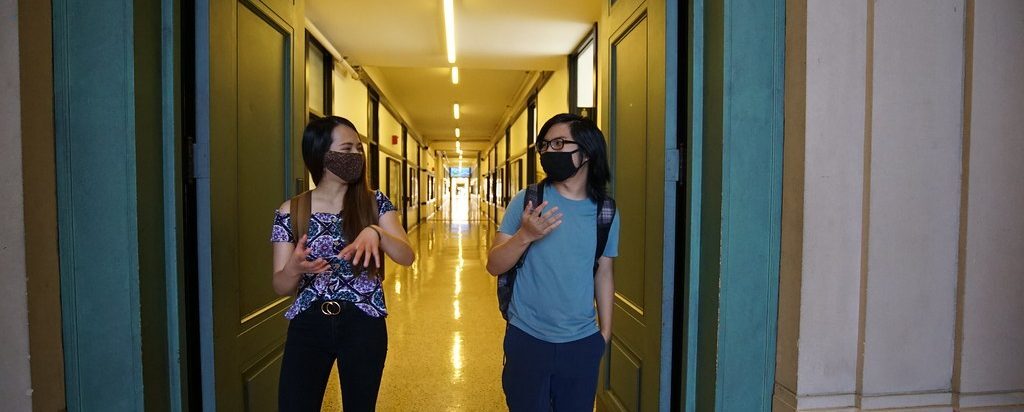
Effective 10 February 2022, the “One-Mask-Down-at-a-Time” Policy applies in MIT classrooms and other learning spaces. The policy states: “When speaking in a group setting where all others present are masked […]

Although it is essential to ensure your syllabus is clear and transparent in “normal” times, this is especially true this fall. Please consider including in your syllabus: explicit statements about […]

Background The concept of a growth mindset, originally studied by Carol Dweck, involves the belief that abilities are malleable and can improve with effort, feedback, and the appropriate strategies. On […]

Educational inequities often exist in the classroom, particularly minoritized students in STEM who may not have had the opportunity to see someone like themselves succeed in the field. In the […]

Have you ever wondered what determines the arrangement of participant thumbnails in Zoom’s Gallery View? By default, the order of participants changes over the course of a Zoom meeting. As […]
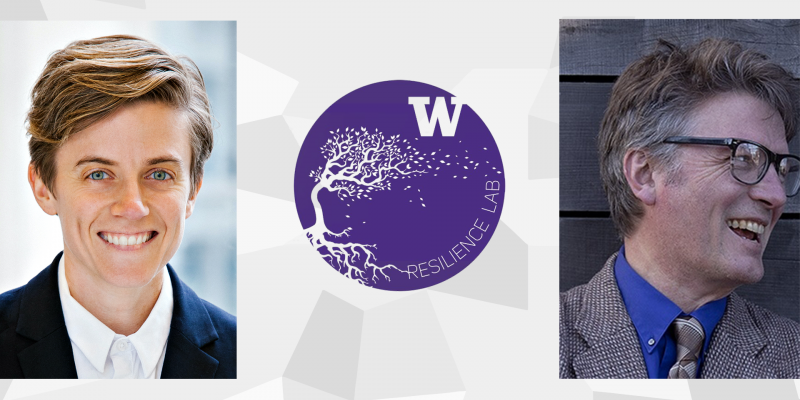
On Wednesday, February 24, 2021, the Teaching + Learning Lab hosted this talk on strategies for promoting a culture of student well-being, involving a case-study from the University of Washington. […]

We have learned much from the remote teaching and learning challenges experienced in the spring and fall semesters, thanks to feedback from students, faculty, and staff. In the following recording, […]
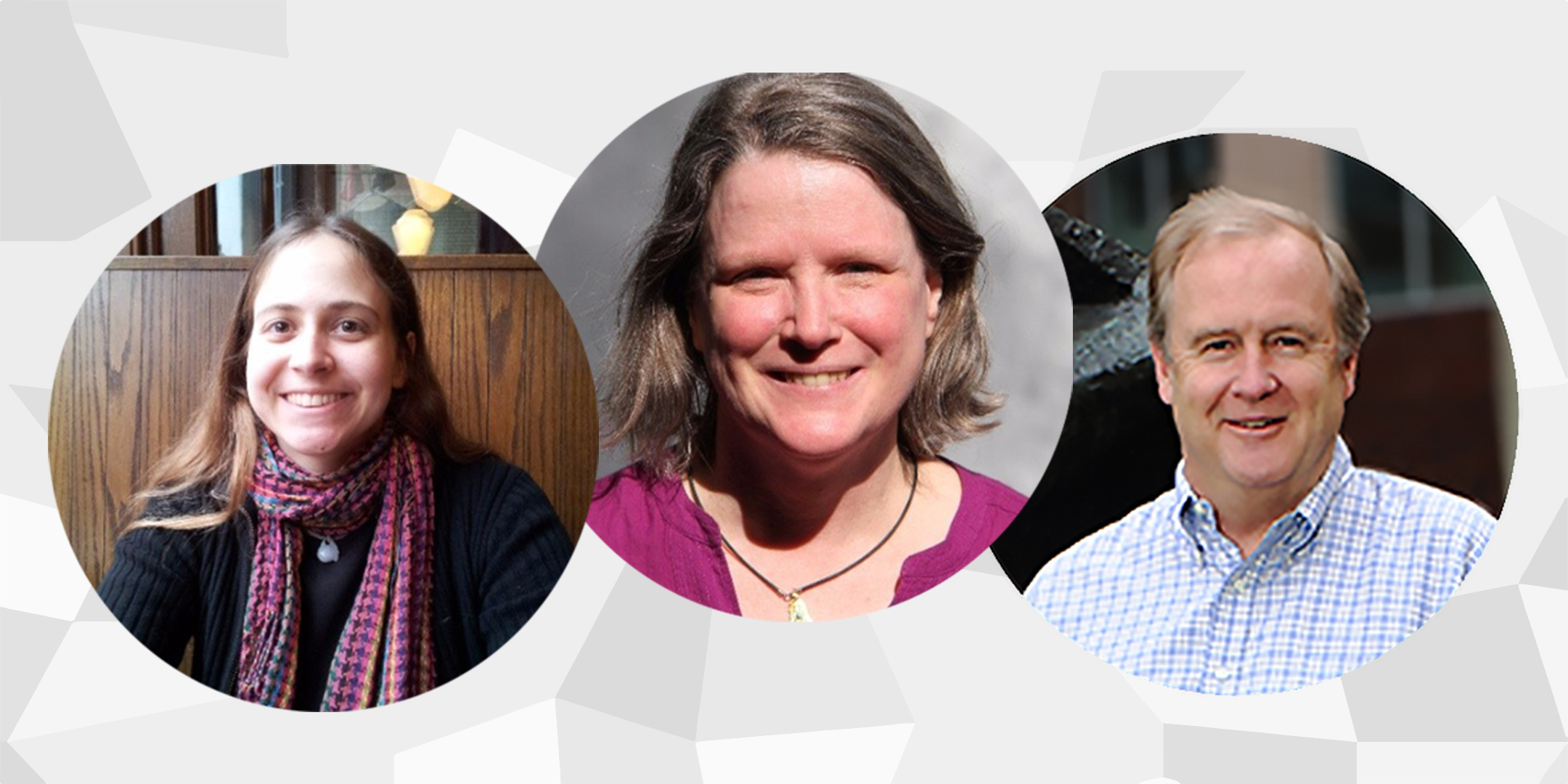
On January 14, 2021, the Teaching + Learning Lab and Open Learning cohosted an IAP panel discussion for faculty and instructors on innovative assessments and assignments for remote subjects. Panelists […]

On October 30, 2020, TLL held a panel event for English-as-a-Second-Language (ESL) TAs. This event was conceived and hosted by Jingfan Yang, a Teaching Development Fellow, to introduce ESL TAs […]

While the Fall 2020 semester continued to pose remote teaching challenges, it also presented an opportunity for instructors to be more prepared than the emergency move to remote teaching in […]
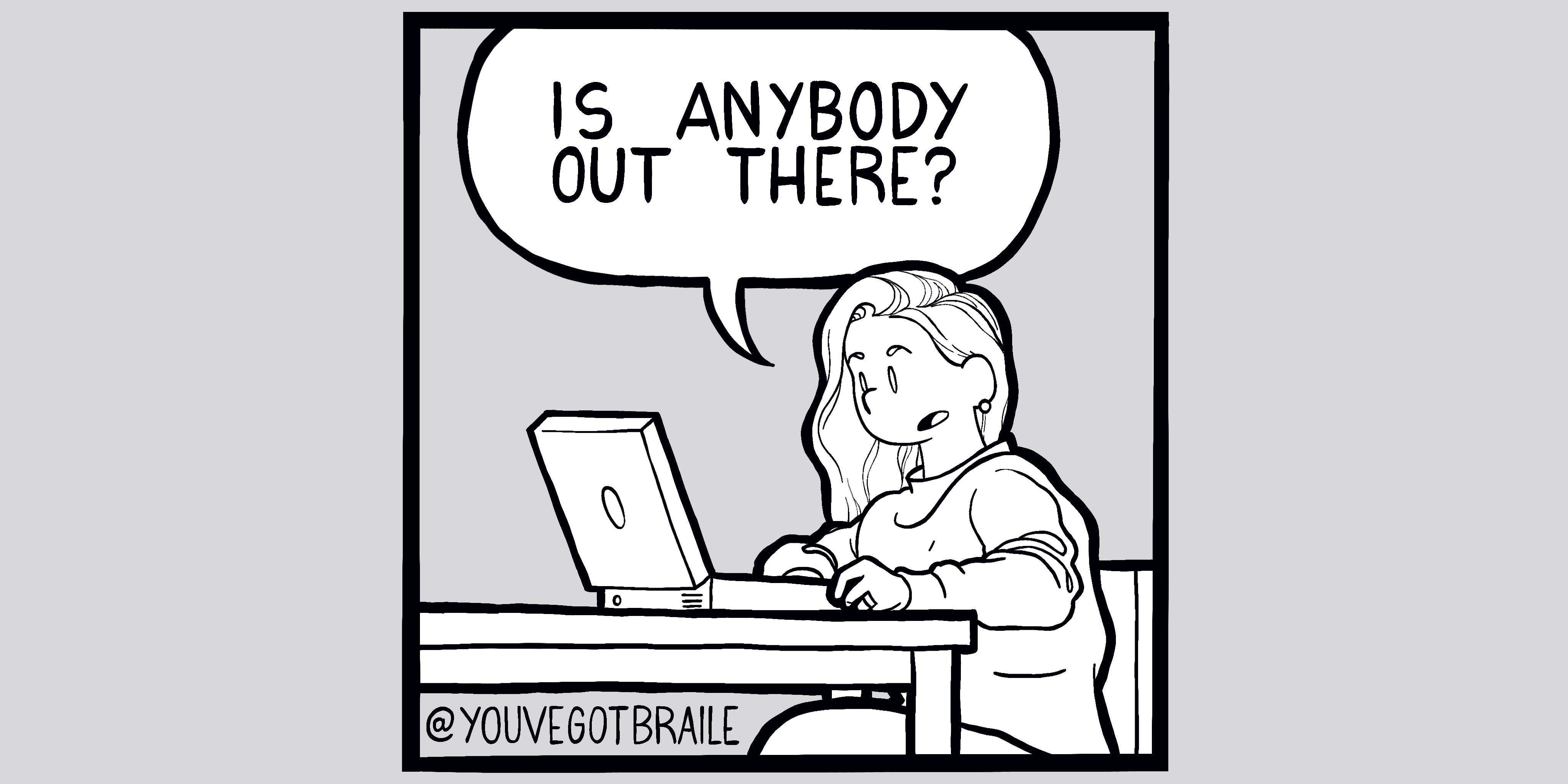
Checking in with students in 7.012 One of our biggest concerns in 7.012, a large introductory biology course, was helping our students connect with one another and with the teaching […]

Presentation recording To browse through the following recorded segments, click the playlist icon in the top right of the YouTube playlist embedded below. MIT champions data-informed decision making at all […]

Key Takeaways First-Year Advising at MIT On October 27, 2020, members from the Teaching and Learning Lab (TLL), the Office of the Vice Chancellor (OVC), and the Office of the […]

With the 2022 mid-term elections occurring next week, we are highlighting our post from 2020, Teaching in a Tense Political Climate, with updated resources to help guide discussions in your classroom and support students who may have questions and concerns.
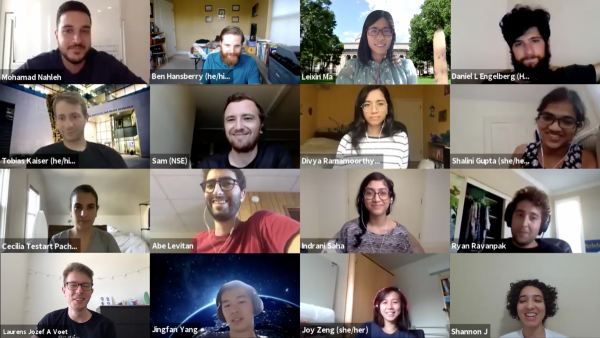
The Teaching Development Fellowship (TDF) Network launched in January 2019 after Benjamin Hansberry, Ph.D., Assistant Director for Graduate Student Teaching, joined the Teaching + Learning Lab.
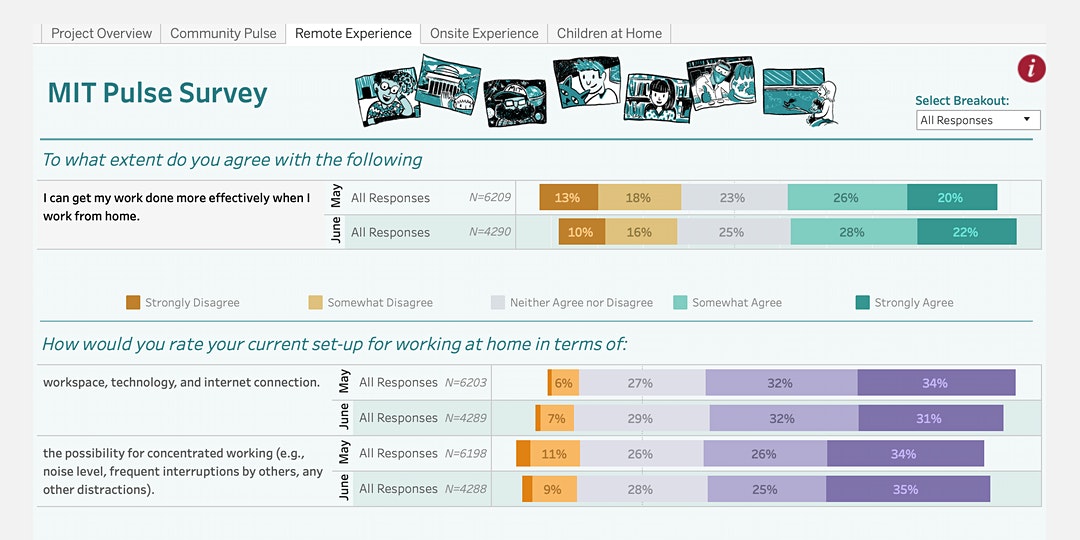
Presentation recording & slides To browse through the following recorded segments, click the playlist icon in the top right of the YouTube playlist embedded below. This past May and June, […]

Written by Melissa Cao The shift to online learning this past spring presented many challenges to students. Of particular concern are our most vulnerable students, as research has shown that […]

Writing engages students in solidifying tacit and unformed ideas, connecting them, and translating them for particular audiences. On Tuesday, April 28, 2020, this session explored applications of writing-to-learn pedagogy used in […]
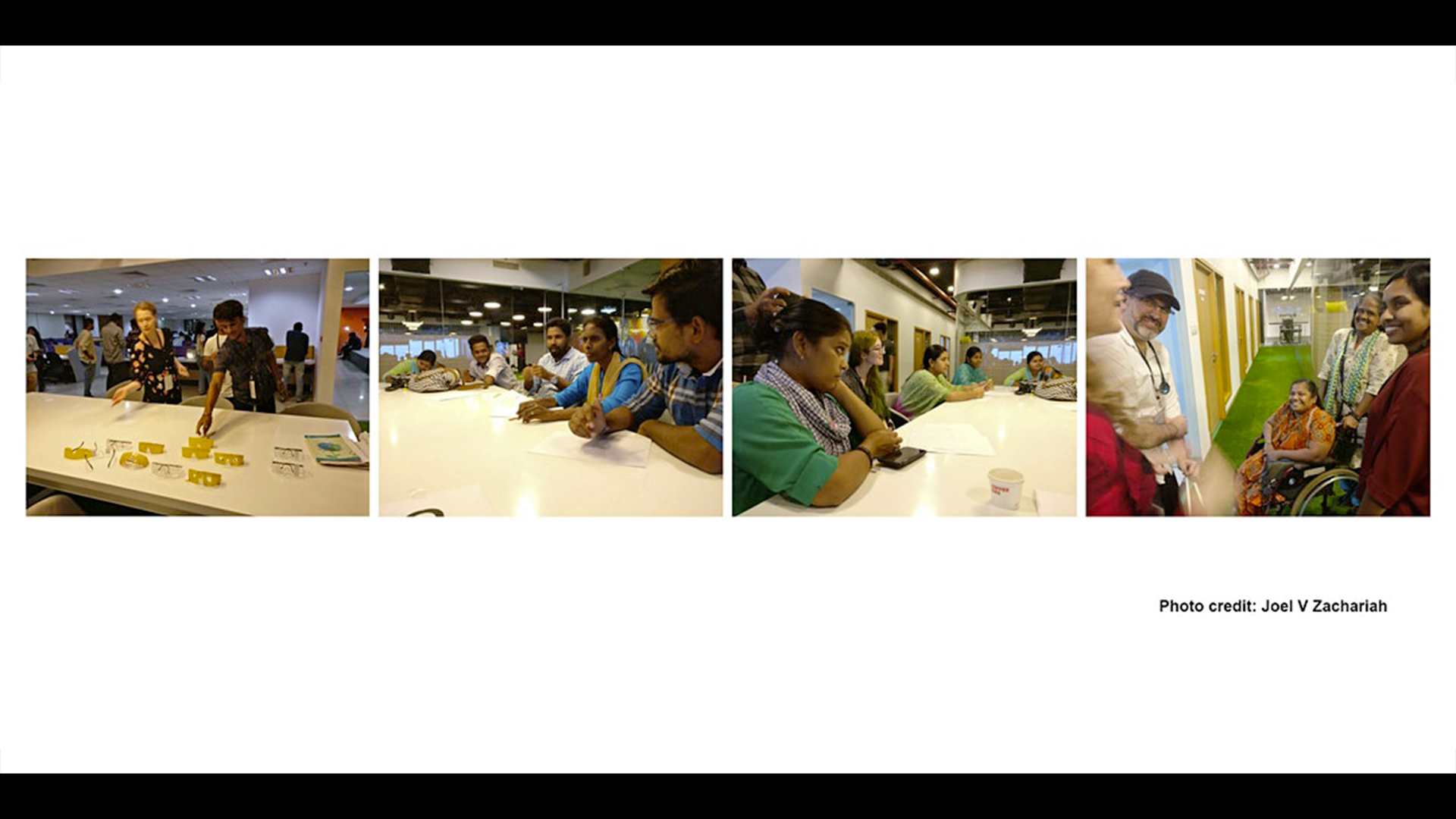
In January 2020, MIT piloted a new subject, 3.008 Humanistic Co-design of Assistive Technology Around the Globe. The subject is academically housed within the Department of Electrical Engineering and Computer […]

On Monday, January 13, 2020, we hosted Dr. Christine Pfund who presented how to use the science of effective mentorship to optimize your mentoring practice.
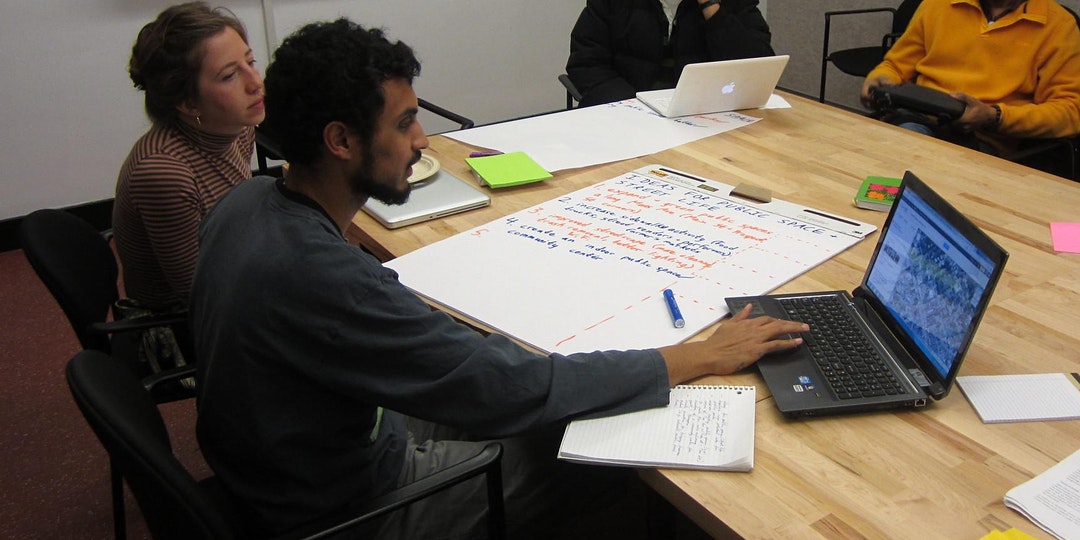
In this interactive session on Tuesday, October 29, 2019, participants explored research-based, practical strategies to improve your day-to-day mentoring.
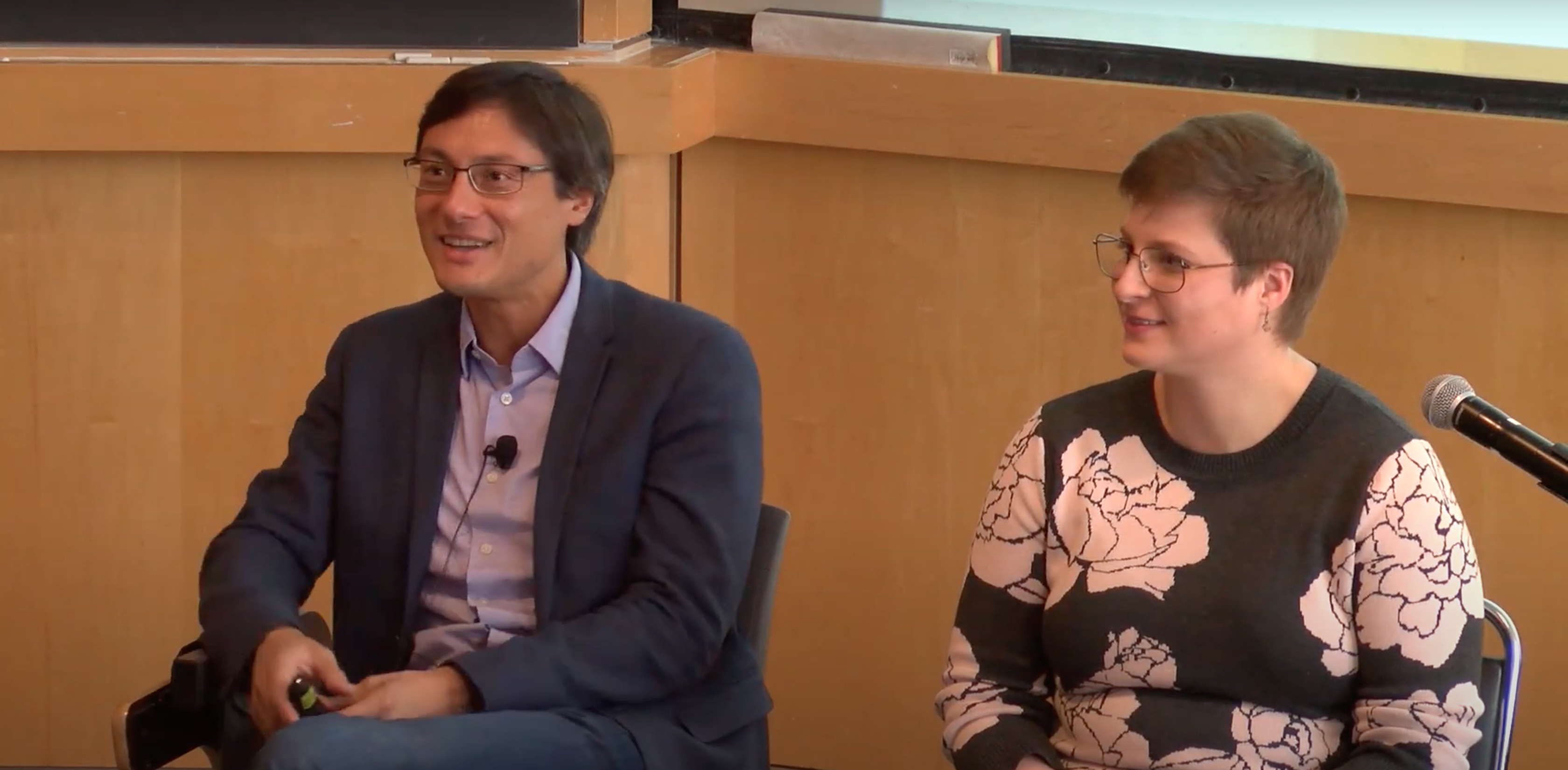
A well-designed and implemented course not only enhances student learning but also creates positive and inclusive learning experiences for students.
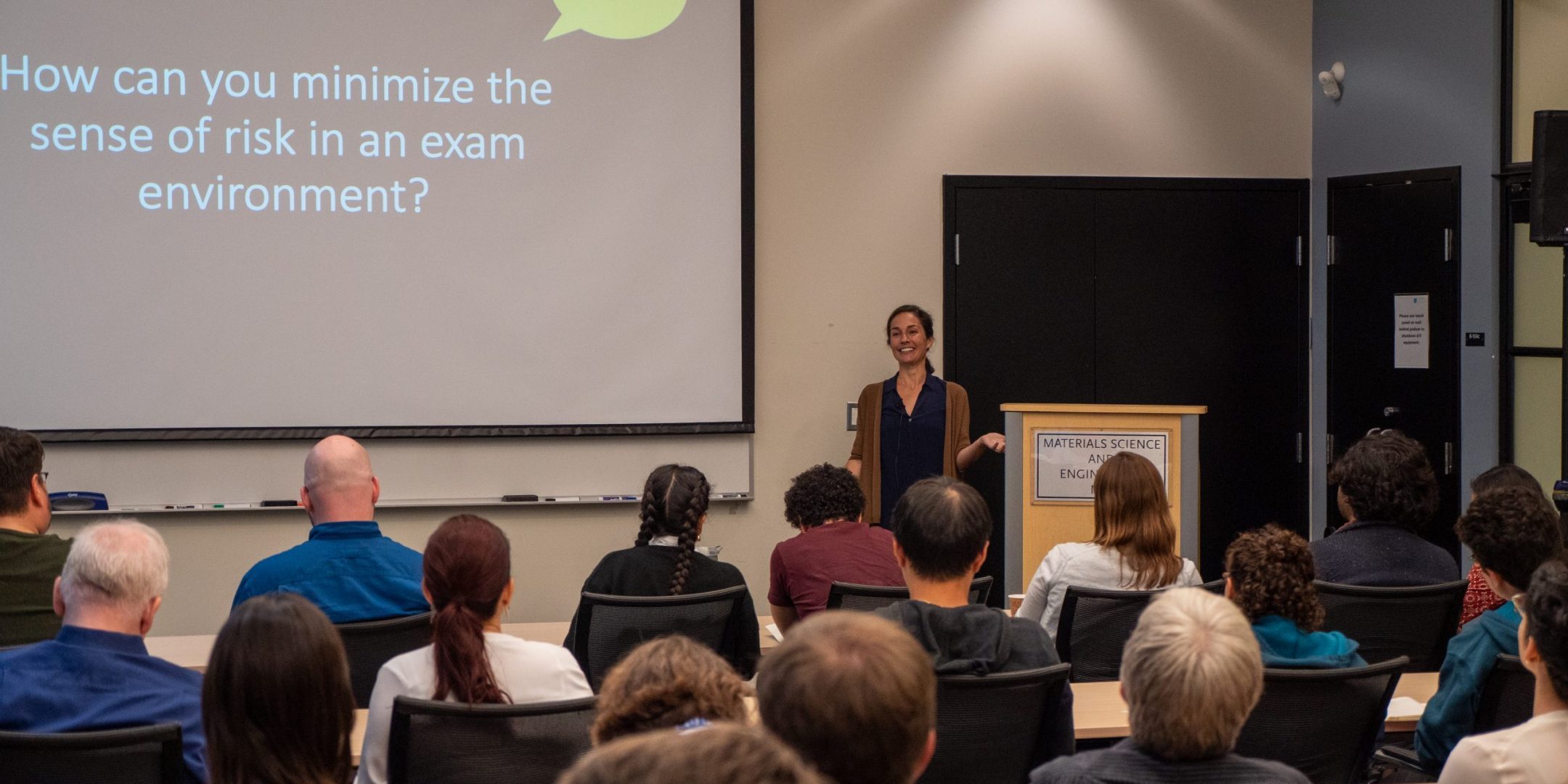
On Wednesday, Sep 11, 2019, Dr. Cissy Ballen addressed how certain features of the introductory science classroom create barriers for historically underserved students, supported by large-scale experimental and observational efforts […]

